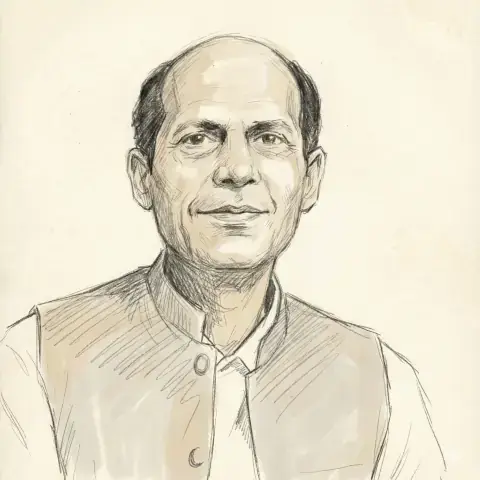ISLAMABAD: The Election Commission of Pakistan (ECP) on Monday launched a project aimed at bridging the gap of over 12 million between male and female registered voters in the country.
According to the electoral rolls of September 2017, of the 97.02m citizens registered as voters, 54.60m are men (56.27 per cent) and 42.42m are women (43.73pc). The gap between male and female voters has now gone up to 12.17m from 10.97m in March 2013.
Speaking at the launch of the campaign to be run in collaboration with the National Database and Registration Authority (Nadra), Chief Election Commissioner retired Justice Sardar Mohammad Raza said there was a broad international consensus that elections were the cornerstone of every democracy. He, however, noted that merely carrying out elections could not be considered a real democracy, unless essential principles were followed. “ECP believes that elections are free, fair and transparent if they are inclusive in which every segment of the society has an equal opportunity to participate,” he remarked.
He said women made up almost half of the country’s population but their participation in the electoral process, specifically as voters, was low. “The underlying cause is the absence of national identity card (NIC) owing to different socio-cultural constraints,” he observed. “To me this means ignoring considerable number of our population in the decision-making process.”
CEC says the commission will be documenting unregistered women in 79 districts
He said the ECP was starting a female NIC and voter registration campaign targeting unregistered women in 79 districts across the country. He said through the campaign, women would be mobilised and facilitated to acquire NICs so that they could be enrolled as voters.
The CEC said the campaign was a collaborative effort of the ECP, Nadra and civil society organisations working at grassroots level.
Under its existing projects, the Free and Fair Election Network (Fafen) intends to reach out to more than 1.7m unregistered women to list, motivate and facilitate them to apply for NIC registration. Concrete efforts are required to lower the number of women who will potentially be disenfranchised from the 2018 general elections.
Sources in the ECP said the time was too short as the electoral rolls were to be updated by April next year. They said keeping in view the deficiency of Nadra’s capacity and administrative hiccups, the target to register a bulk of the out-of-electoral rolls women was in all probability to be missed.
They said the civil society was engaging with Nadra’s regional and local centres to facilitate registration of women across the country through separate windows (National Registration Centers – NRCs), provision of Mobile Registration Vans (MRVs) and registration camps outside Nadra offices. However, they have been facing challenges in coordinating with Nadra in some areas which affect the overall pace of the registration.
Nadra has a limited number of MRVs. The available MRVs have predetermined schedules. Fewer MRVs are available for fresh registration of women in identified census blocks.
Nadra’s NRCs do not have the facility to cater to large number of citizens. Many women cannot be facilitated at these centers due to a lack of separate windows.
Nadra officials need more departmental approvals before engaging with civil society mobilisers. In some cases, the approvals take time and facilitation does not take place timely.
When contacted, a civil society representative said civil society’s facilitation to first-time women applicants around Nadra centers in the form of camps could be very helpful. However, it remains a challenge to seek permission from Nadra for such camps.
He said Nadra might increase working hours in districts with higher rates of under-registration, declare Saturdays a working day for all NRCs until April 2018, enhance MRVs capacity to process NICs (50 a day), coordinate MRV schedules with CSOs locally and ensure all NRCs issue free NICs to first-time registrants.
He said administrative rules of Nadra might be amended to provide for allocation of special days and counters / windows for fresh registration of women at NRCs, Nadra might be instructed to consider prioritising allocation of MRVs for fresh registration of women in identified areas and to issue free cards to first-time women registrants instead of requiring them to acquire Smart Card which cost Rs400 per card.
He said Nadra rules might be amended to provide for relaxation in departmental approvals for extending cooperation to civil society organisations working on fresh registration of women.
Published in Dawn, December 5th, 2017


































